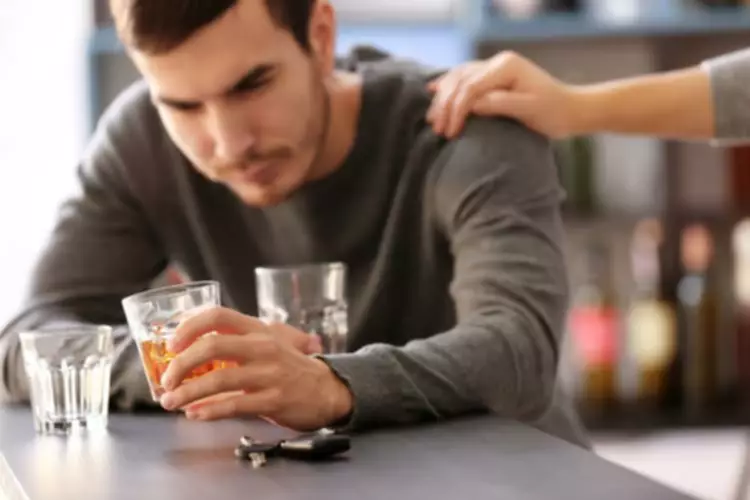
It can also result from something more serious, like liver disease and addiction. Alcohol shakes are diagnosed based on a person’s medical history and a physical and neurological examination. When someone is struggling with chronic or long-term alcohol dependence, they may experience tremors. It is usually difficult for people who drink to be completely honest about how much they’ve been drinking.
- It’s best to avoid alcohol and other dehydrating beverages, like coffee, soda, and caffeinated tea, if you plan to spend time outside in the heat.
- According to research by Alcohol Change UK, one in three young adults who drink opted to reduce alcohol consumption partly because of hangxiety.
- Whether your goal is to pack on muscle mass, lose weight or just round out your diet, protein shakes are a great-tasting way to do it.
- In severe cases, alcohol withdrawal can lead to a condition called delirium tremens, which is an extreme form of alcohol withdrawal.
How long do hangover shakes last?

When you wake up, your brain becomes overwhelmed with activity, triggering tremors and shaking during a hangover. If you are experiencing alcohol withdrawal, seek medical attention immediately, especially if you’ve been drinking heavily for a long time. how to stop tremors from alcohol Alcohol shakes, also known as tremors, are a common sign of alcohol withdrawal. They typically occur when someone who regularly drinks significant quantities of alcoholic beverages stops drinking, and the effect of alcohol starts wearing off.

Diagnosis and Symptoms of Tremors
In order to treat alcohol tremors, you must first treat your alcohol withdrawal in a healthy and effective way. There are various ways you can go about treating alcohol tremors depending on the type and severity of your tremors. The first step in treating alcohol tremors is addressing the underlying issue, which is alcohol withdrawal.
How is alcohol withdrawal diagnosed?

For people whose bodies struggle to process alcohol, they can even last up to a week. Of course, there are more serious reasons you might feel shaky after drinking, including alcohol withdrawal, and we’ll explore those as well. The main reasons why you feel shaky after drinking are that alcohol messes with your brain’s neurotransmitters, dehydrates you, and can lower your blood sugar. You may be concerned about having DTs symptoms or nervous about seeking treatment. Your doctor and other providers aren’t there to judge you but to help manage your symptoms and improve your chances of recovery.
Causes Of Alcohol Tremors
People who drink alcohol to excess on a regular basis are at increased risk for gastritis. Chronic alcohol exposure can weaken and erode the lining of your stomach. Many involve a combination of group psychotherapy (talk therapy) and medications. Each of these symptoms can increase in intensity depending on the severity of the withdrawal. BetterHelp offers affordable mental health care via phone, video, or live-chat. Outpatient detoxification may be the first stage of treatment for someone with a less severe substance abuse condition.
You can avoid a relapse—which could cause delirium tremens—by getting therapy for alcohol use disorder. If you have signs of delirium tremens, you will need medical care in an acute care hospital setting. Monitoring and treatment are directed by specific effects you are experiencing and will likely be adjusted as your condition fluctuates.

Some individuals may develop a tremor similar to the one experienced by individuals with Parkinson’s disease. Our facilities across the U.S. offer a full continuum of care, custom treatment plans, and comprehensive discharge plans to aid in the success of your recovery. His work has appeared https://ecosoberhouse.com/article/how-to-taper-off-alcohol/ in publications including The Guardian, Euronews, and VICE UK. Deep breathing is an essential component to many of these practices and works to trigger the body’s natural relaxation response. Slow, deep breathing improves cardiovascular and respiratory health and lifts the mood.
Staying hydrated, resting, and taking over-the-counter medication can help with nausea, vomiting, and other hangover symptoms. Severe illness could be a sign of alcohol poisoning, which can be fatal. If you have alcohol use disorder and want help, a healthcare provider can guide you to resources and rehabilitation programs to help you quit. Know that your provider will be there to support you, not to judge you.